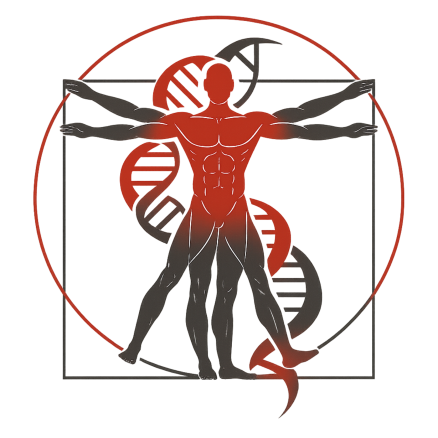
بودكاست انثروبولوجى
يُعد تصنيف علم الإنسان، أو الأنثروبولوجيا، من الحقول المعرفية الشاملة التي تهتم بدراسة الإنسان في كل أبعاده البيولوجية والثقافية والاجتماعية عبر الزمان والمكان، ويهدف هذا التخصص إلى فهم التنوع البشري من خلال تحليل السلوك والعادات والمعتقدات واللغات والمؤسسات الاجتماعية، ويتفرع علم الإنسان إلى أربعة مجالات رئيسية: الأنثروبولوجيا الثقافية، التي تدرس الثقافات البشرية وأنماط الحياة؛ والأنثروبولوجيا البيولوجية، التي تركز على التطور البشري والجينات؛ والأنثروبولوجيا اللغوية، التي تبحث في علاقة اللغة بالثقافة؛ والأنثروبولوجيا الأثرية، التي تحلل آثار الحضارات القديمة لفهم المجتمعات الماضية، ويُستخدم هذا التصنيف في ميادين متعددة مثل البحث الأكاديمي، وصياغة السياسات، وفهم العلاقات بين الثقافات، والتخطيط الاجتماعي، ويُعزز من الوعي بالتنوع الثقافي والاحترام المتبادل بين الشعوب، كما يساعد في فهم الديناميكيات الاجتماعية، وتفكيك الصور النمطية، وتحليل العلاقة بين الفرد والمجتمع، ويُعتبر أداة لفهم التحولات التاريخية والاقتصادية التي أثّرت على المجتمعات، ويُسهم في حماية التراث الثقافي والتقاليد الشعبية، كما يُستخدم في فهم الصراعات العرقية، والهجرة، والتحولات الحضرية، ويعتمد على مناهج ميدانية مثل الملاحظة بالمشاركة والمقابلات المعمقة، ويُعد علم الإنسان من العلوم التي تسعى إلى بناء جسر بين العلوم الطبيعية والعلوم الإنسانية لفهم الكائن البشري في كليّته وتعقيده، وبهذا فإن تصنيف الأنثروبولوجيا لا يُعنى فقط بدراسة الإنسان، بل بإدراك عمق تجربته المتنوعة في العالم وفهم القيم والمعاني التي تُشكّل هويته. --- The classification of Anthropology is a comprehensive field of knowledge that studies the human being in all dimensions—biological, cultural, and social—across time and space. This discipline aims to understand human diversity by analyzing behaviors, customs, beliefs, languages, and social institutions. Anthropology is divided into four main branches: cultural anthropology, which studies human cultures and ways of life; biological anthropology, which focuses on human evolution and genetics; linguistic anthropology, which explores the relationship between language and culture; and archaeological anthropology, which examines ancient civilizations through material remains to understand past societies. This classification is applied in various fields such as academic research, policy development, cross-cultural understanding, and social planning. It promotes awareness of cultural diversity and mutual respect among peoples and helps understand social dynamics, dismantle stereotypes, and analyze the relationship between the individual and society. Anthropology is also a tool for understanding historical and economic transformations that have shaped communities. It contributes to preserving cultural heritage and popular traditions and is used to explore issues like ethnic conflict, migration, and urban transformation. It relies on field methods like participant observation and in-depth interviews. Anthropology builds a bridge between natural sciences and humanities, offering a holistic understanding of the human being in all their complexity. Thus, the classification of Anthropology is not only about studying humans but about grasping the depth of their diverse experiences and the values and meanings that form their identity.
